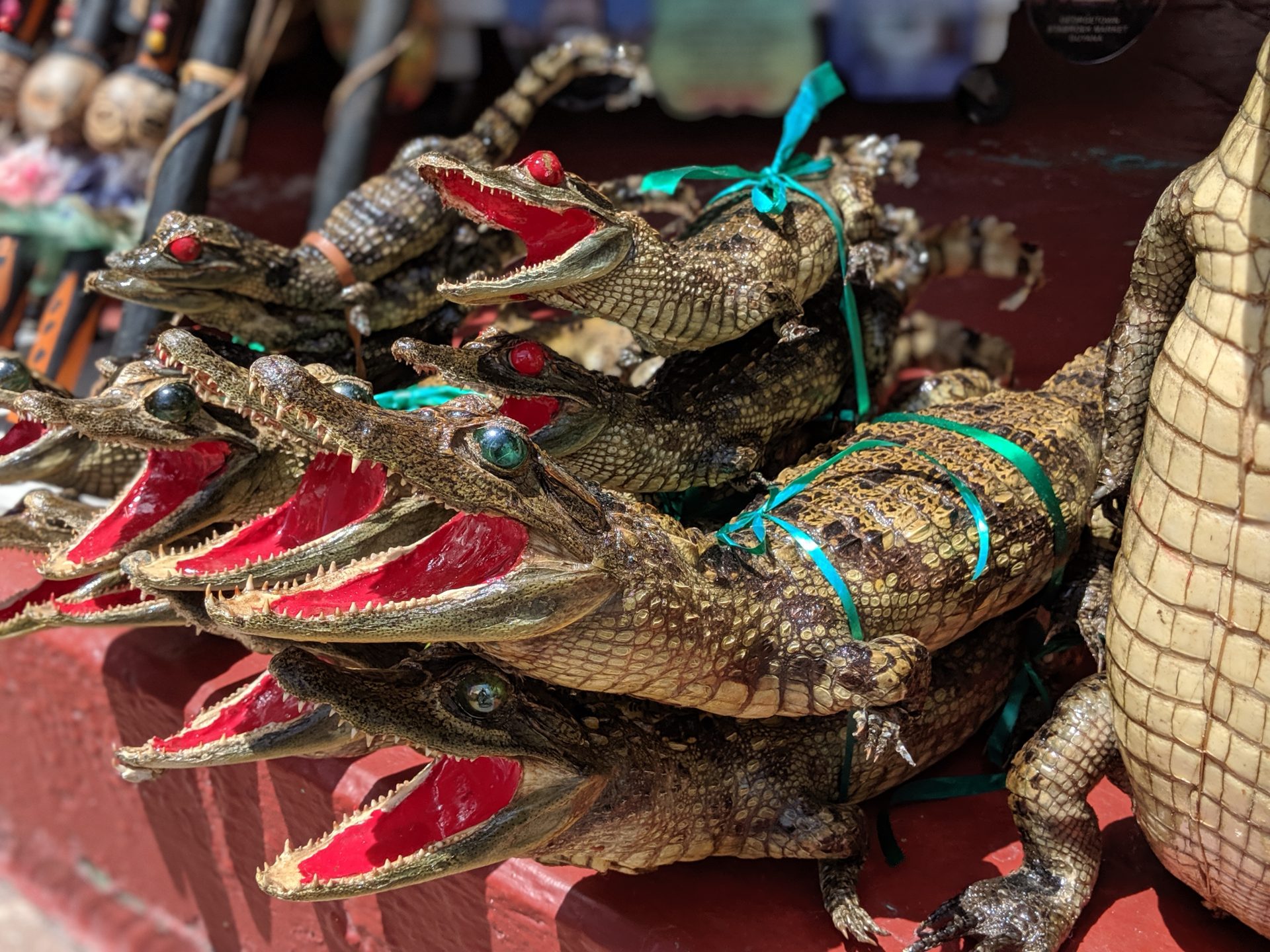We work on a variety of aspects of the trade, from legal to illegal, from collectors at the start of the supply chain to those at the end of the supply chain, as well as those involved in-between.
1. Cyber-enabled wildlife trade
Understanding the role of the internet in the trade of wildlife, both legal and illegal, including the development of trading networks, human behaviour online compared with face-to-face, and issues around detection and identification of species; development of software to rapidly identify illegal wildlife trade including the identification of the species and the laws that transactions are potentially breaking.
2. Wildlife trade supply chains “from source to consumer”
Investigating and elucidating the social and socio-economic implications of the wildlife trade along the national and international supply chains, including incentives for conservation; developing methodologies and technologies to improve traceability and sustainability of wildlife products; determining mechanisms for ensuring that trade does not threaten species survival, and where appropriate how to reduce demand; understanding the nature of demand and economic valuation by consumers; assessing the risk of spreading emerging infectious diseases (EIDS) via the supply chain.
3. Enforcement and legislation
Investigating the illicit trade flows and comparing the enforcement and legislative methodologies of supply and demand countries in order to identify best practice internationally; determining the context of international wildlife trade regulation in the wider international laws, and compliance across regions, including in a historical context.
4. Species in trade
Understanding the impact of trade on specific species or populations; including social and economic interactions; exploring strategies and techniques to reduce impacts on traded species (at any point in the supply chain); assessing the distribution and population status of species in trade to inform sustainable use, policy and law enforcement.
5. Training and capacity building
Training the next generation of conservation scientists through taught and research academic programmes in particular our Conservation and International Wildlife Trade MSc, but also BSc, MSc by research and PhD; building in-country capacity and expertise through projects such as “Implementing CITES in Madagascar”, funded by the Darwin Initiative.
